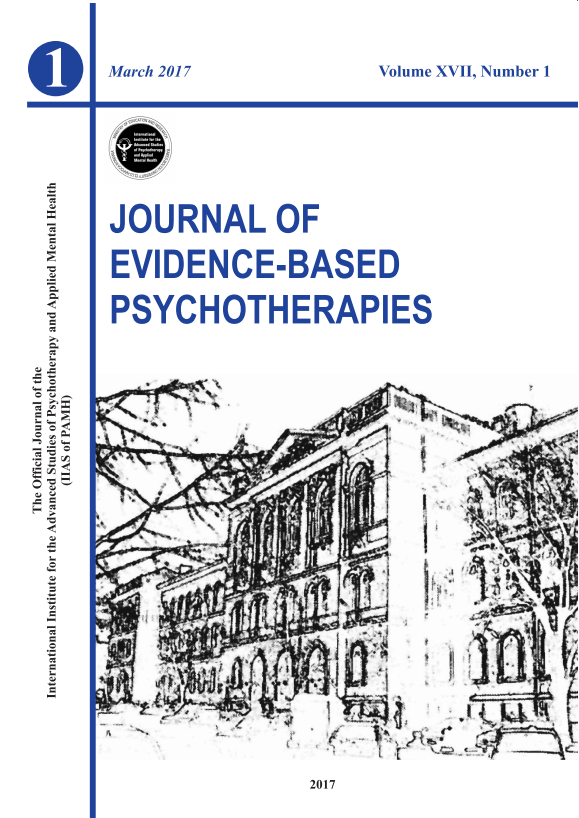alex.hohn10@e-uvt.ro
Alex Armand Hohn1* & Laurentiu Maricutoiu2
1 Faculty of Sociology and Psychology, West University of Timisoara, https://orcid.org/0000-0003-4552-8995
2 Faculty of Sociology and Psychology, West University of Timisoara, https://orcid.org/0000-0001-8358-3130
Abstract
Anxiety is one of the most common mental health problems globally. Although it is so widespread, only 43% of people suffering from anxiety disorders receive help. A systematic review was conducted of 39 studies for a better understanding of the help seeking behaviors and influencers. Help seeking is associated with sociodemographic data (such as ethnicity), level of mental health literacy, financial status, perceived stigma, and other factors. The most vulnerable regarding help seeking and treatment receiving mental health help for anxiety are minority groups. There is a paucity of studies regarding how to influence the factors associated with help seeking behaviors. More research is needed so that mental health care providers can provide help adapted to patients’ specific needs.
Keywords: anxiety, help seeking, mental health, facilitators, barriers.
Please cite this article as: Hohn, A. A., & Maricutoiu, L. (2024). HELP SEEKING BEHAVIORS IN ANXIETY DISORDERS: A SYSTEMATIC SCOPING REVIEW. Journal of Evidence-Based Psychotherapies, 24(1), 63-80.
DOI: 10.24193/jebp.2024.1.4
Published online: 2024/03/01
Published print: 2024/03/01
